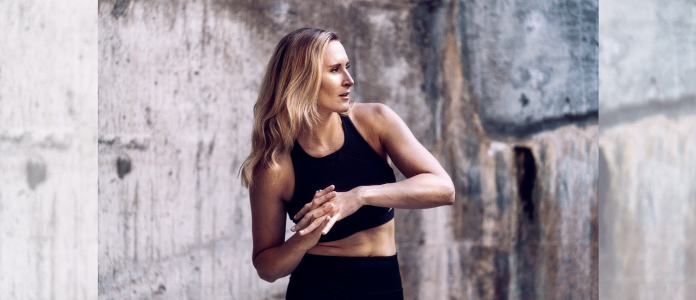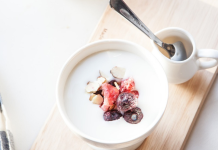Have you ever taken a minute to think about your bones? Gut health and mental health are hot topics, but bone health should be right up there too…especially for women. Why? Here are the facts:
- Oestrogen is critical in maintaining bone density. The rapid decline in oestrogen that happens after menopause can accelerate bone loss.
- During pregnancy, the growing foetus requires increased calcium, which may lead to maternal bone loss if not adequately replenished through a holistically nutritional diet.
- Breastfeeding also puts additional demands on the mother’s skeletal system to provide essential nutrients for the baby.
- Studies have found that women, compared to their male counterparts, tend to consume less calcium and vitamin D, both essential nutrients for bone strength.
- Women generally have a longer lifespan than men, which means they spend more years in postmenopausal stages, when bone density declines rapidly.
Luckily, you can do a lot of good for your bone health which in turn will help them be stronger for longer, while reducing the risk of developing osteoporosis. Start by focusing on these four bone boosting factors:
- Load up on Calcium and Vitamin D: Calcium is a crucial nutrient for bone health, yet many women are not getting enough in their daily diet. Opt for dairy products, leafy green vegetables, and fortified foods. Along with calcium, vitamin D is essential for calcium absorption, so women should try spending time in sunlight (keeping in mind healthy sun habits) or supplement vitamin D in foods like fatty fish, fortified dairy products, or even egg yolk.
- Eat well: A balanced diet supports the body’s ability to build and maintain strong bones. Women should focus on consuming a wide range of fruits, vegetables, whole grains, lean proteins, and healthy fats.
- Avoid smoking and go easy on the booze: Smoking has been linked to decreased bone density, as it can interfere with the body’s ability to absorb calcium. Similarly, drinking too much alcohol can have a negative impact on bone health. Cutting down on or quitting smoking and limiting alcohol is the first step to building healthier bones.
- Move more: Bone density and exercise go hand in hand, and scientific research has confirmed the connection. No matter what age or fitness level, if women work out more, bone density benefits are likely to follow. However, not all exercises are equal when it comes to building strong bones or preventing osteoporosis or bone mineral loss. Opt for movement-based exercises and gentle cardio workouts.
Advertisement






